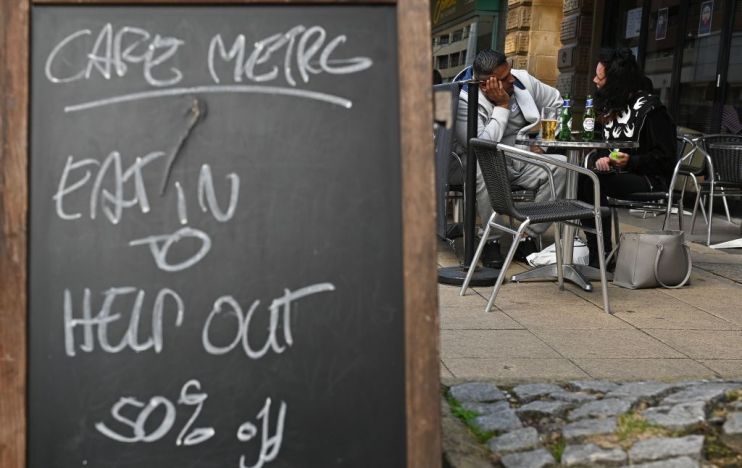DEBATE: Is the Eat Out To Help Out scheme the solution our struggling restaurant sector needs?

Is the Eat Out To Help Out scheme the solution our struggling restaurant sector needs?
Benedict Spence, a freelance writer and avid gourmand, says YES.
It seems fitting that a government led by a man so perplexingly successful in the bedroom would launch a national recovery initiative with a name carrying such potential for smut. Fortunately, the face of the Eat Out to Help Out campaign is decidedly more dishy, which should help it serve up economic treats to sate even the dieting Mr Johnson.
By and large, one should be wary of government meddling in private spheres. In this instance, though, it is welcome.
Hospitality gives meaning to life — the vehicle of it for thousands, and the joy in it for millions. It was, therefore, a fitting metaphor that a deadly pandemic threatened to take the whole thing.
As people struggle to pay and venues struggle to fill, this alleviant will ease the pain for both. It offers blameless business on the brink a shot at survival, and gives a reeling nation some optimism back.
Russell Nathan, senior partner at accountancy firm HW Fisher, says NO.
At first, Eat Out To Help Out looked like a positive scheme for a struggling industry, but my restaurant clients are worried it will actively encourage customers to spend less because of the £10 limit. Venues are already down to as little as 50 per cent capacity due to social distancing, so the last thing they can afford is significant reduction in the average customer spend.
Add to this challenge the admin of processing the scheme and the deferred reimbursement — at a time when cash flow is critical to restaurants’ weekly survival.
The scheme might work for a certain type of outlet: the larger chains with a lower average spend, such as Pret and Pizza Express. But the independents which already have the greater day-to-day fight for survival fear that the scheme will have the opposite impact to what was intended.
To bring back confidence, the government instead needs a more structured approach, starting with reducing VAT for the hospitality sector for a minimum of two years, as January isn’t enough time to create long term certainty.
Main image credit: Getty